Lead nurturing is an essential part of the sales process. Most of the leads that you generate through content, paid ads, or live events won’t be ready to make a purchase. But you can keep them interested and thinking about your brand by creating some automated email follow ups.
Although each business is different and the appropriate messaging or tactics will vary, there are still some universally accepted email nurture sequences that almost anyone can use. In this blog post, we’ll explore some of the best email follow up and nurture sequences that every business should use.
The Best Email Follow Up and Nurture Sequences
Lead nurturing strategies can be as complex or as simple as you need them to be. Some businesses may only need two or three nurture sequences while others may have dozens. It really just depends on the volume and the complexity of your business.
That being said, every business should include one or more of the following nurture sequences:
- The welcome series
- The lead magnet series
- Future follow ups
- Survey/feedback
1. The welcome series
A “welcome” campaign is just that; it is designed to introduce new contacts to your brand and thank them for their interest. Since these contacts are just getting to know your company and your brand, it’s helpful to send them a friendly email every few days to keep them engaged while they continue to do their research.
A typical email series could look something like this:
- Email 1: Thanks for joining. Here is a free content offer to get started.
- Email 2: Want to learn more? Visit our blog.
- Email 3: What can we help you with? Visit our services page.
- Email 4: Looking for inspiration? View our work gallery
- Email 5: We are here to help. Contact us for more information.
2. The lead magnet series
When a website visitor downloads one of your gated content offers, such as an ebook or white paper, that is a clear signal that they have interest in a specific product or service that you offer. The best thing to do is to follow up with a series of helpful, informative emails that provide further information on that subject.
Based on the subject matter of the content they downloaded, you should be able to determine what stage of the buying process they are in as well as what problem they are trying to solve. Use that to you advantage and send a series of targeted emails that provide additional resources and education to create a sense of trust and get them to engage with you further.
Don’t be too pushy, though. The idea is to focus on helping and gently lead them toward the next step in their purchasing decision.
3. Future follow ups
This is one of the best email follow up and nurture sequences for all business types. It’s also one of the most underutilized so implementing this nurture series can give you a big advantage.
You probably have a list of contacts in your CRM labeled “future follow-ups” or “cold leads” or something similar. These are contacts that expressed interest at one point – and maybe even became a deal – before they went dark on you.
But that doesn’t mean they are lost forever. You can set up an automated email campaign to try to rekindle that interest and get them back on your website. The series could look something like this:
- Email 1: Still interested? Contact us for more info today.
- Email 2: Check out our new product catalog
- Email 3: Get your discount code. Offer ends soon!
Just make sure that you don’t wait too long or act too soon. For ecommerce businesses, I’d say 12 – 24 hours is appropriate for sending an initial abandoned cart email. But for B2B brands, you can give them up to 90 days of inactivity before sending the first email.
4. Survey/feedback
This is pretty straight forward. Set up an automated workflow that sends an email survey to your customers a week or 30 days (whatever is appropriate) after they make a purchase. Ask them basic questions about their experience, how they are enjoying the product, and if there is anything else you can provide them with at this point.
Not only does this help you collect valuable data and identify areas for improvement, it shows that you care. By successfully “delighting” your customers after they make a purchase, you can gain a competitive advantage and hopefully get some referral business out of it.
Don’t Let Them Get Away!
Just because somebody has expressed interest in doing business doesn’t mean they will actually become a customer. You need to stay in front of your leads and provide constant value while they move through the buying process. If you don’t, they might simply forget about you or decide they like your competitor better.
These are some of the best email follow up and nurture sequences that apply to almost any business type. But it’s also just a starting point. What other ideas can you come up with?
To learn more about how you can use lead nurturing and marketing automation to grow your business, download your free Growth Stack guide below or get in touch with one of our experts today!


.jpg)

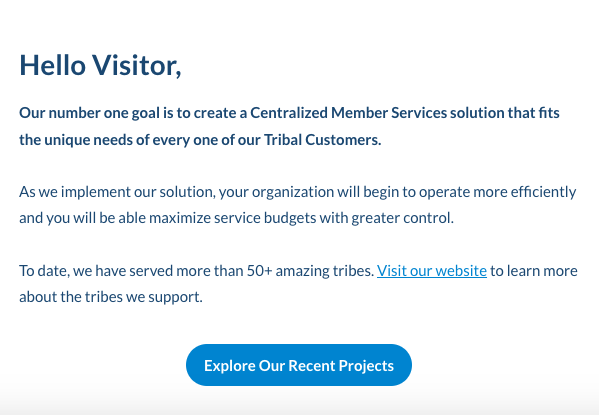
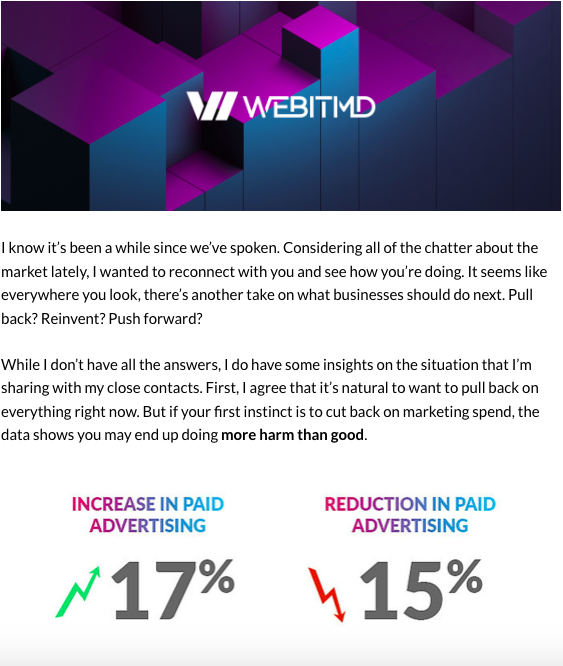


.jpg)
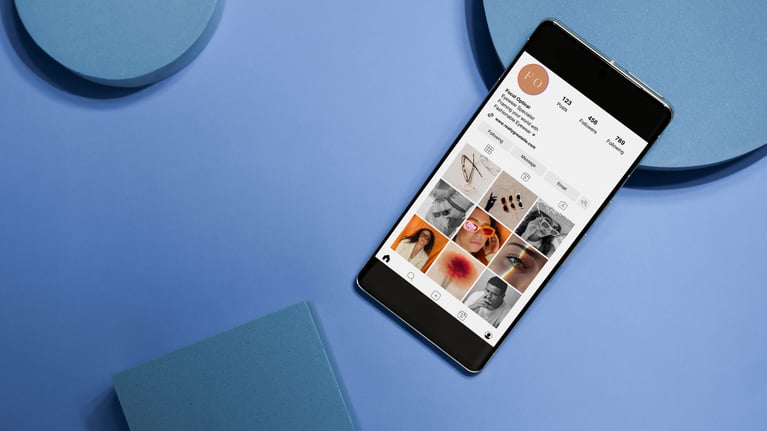

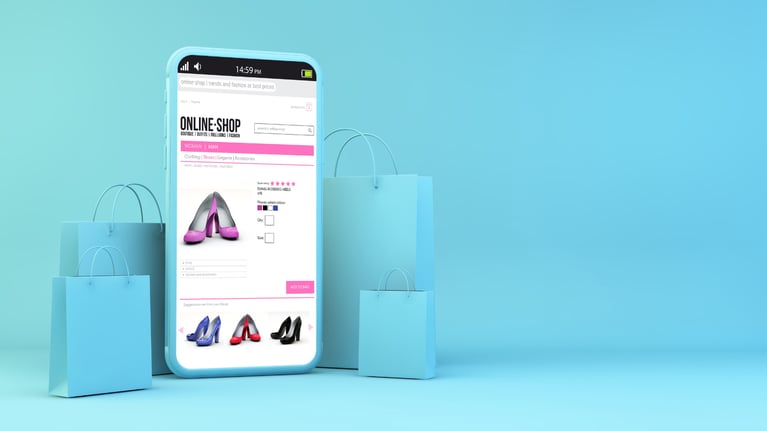
.jpg)

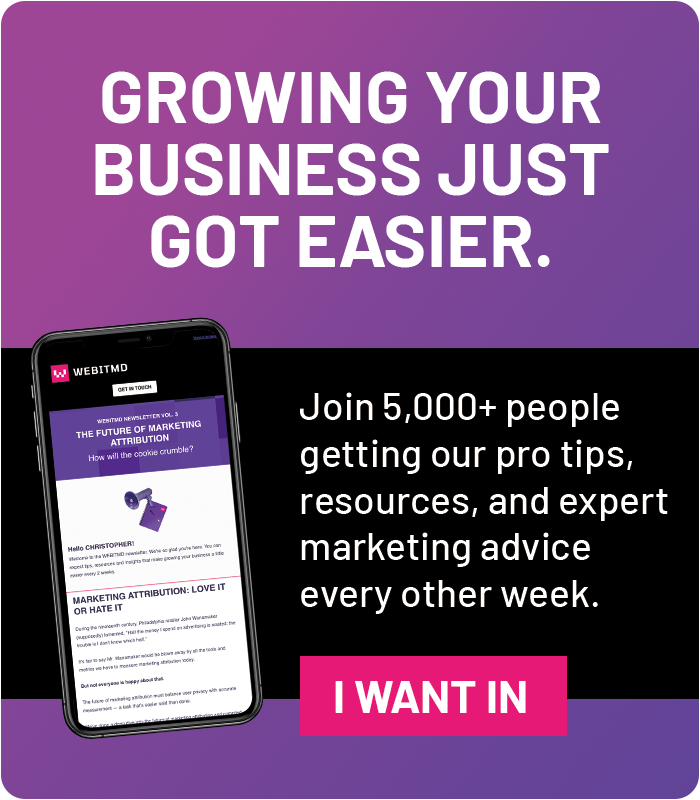



![5 Reports to Elevate Your HubSpot Sales Dashboard [+ Examples]](https://blog.webitmd.com/hs-fs/hubfs/Imported_Blog_Media/6-winning-examples-of-a-hubspot-sales-dashboard-2.png?width=767&name=6-winning-examples-of-a-hubspot-sales-dashboard-2.png)